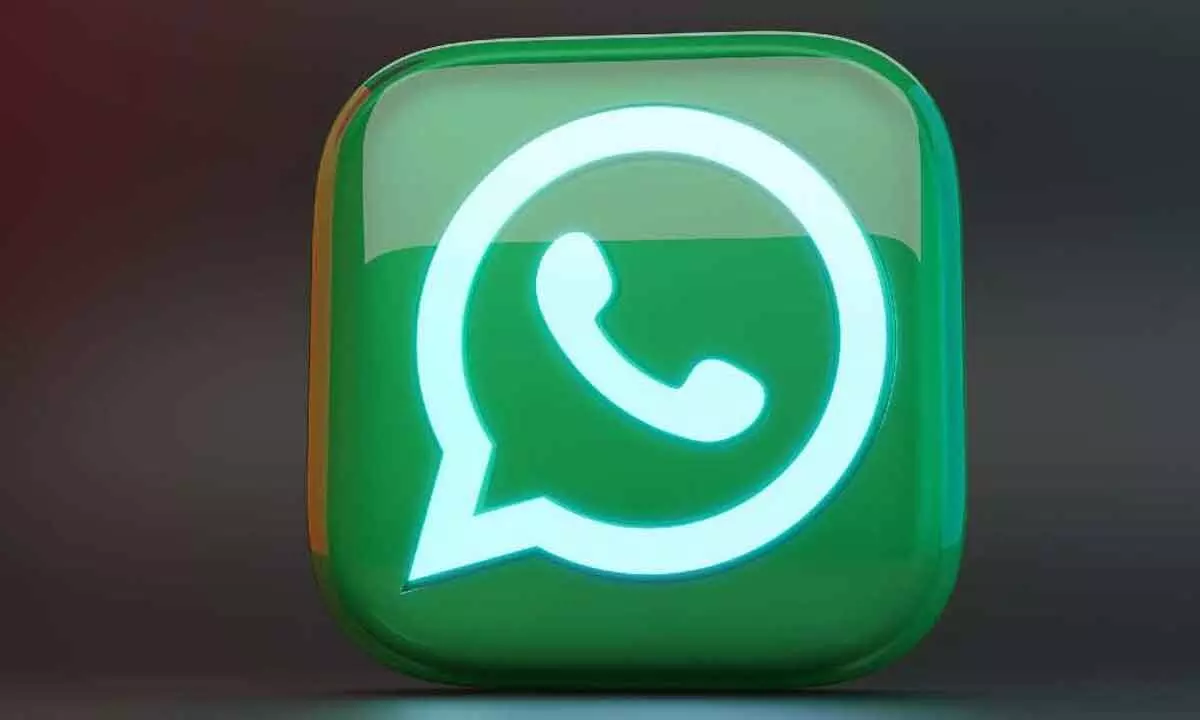Only 1 of 10 most used apps disabled friendly
PayTM and Flipkart in particular have several blocking issues that need to be resolved for persons with disabilities, finds a report
image for illustrative purpose

Mumbai: In what can be termed as a stark reality, only one of the 10 apps examined (WhatsApp), has been found to be highly accessible for persons with disabilities.
This is the case despite the fact that every service provider in India, whether government or private, is mandatorily expected to make their services disabled friendly under the Right of Persons with Disabilities Act, 2016, and that technology is used for a whole range of daily activities today. From ordering food to groceries, from finding a partner to socialising, from consulting doctors to booking flight and train tickets, access to technology is critical.
The Vidhi Centre for Legal Policy along with I-Stem and Mission Accessibility conducted a first of its kind evidence-based evaluation of the accessibility of 10 of the most widely used apps in India. The report titled 'Making the Digital Ecosystem Disabled Friendly' was supported by the HT Parekh Foundation and the GSMA Innovation Fund and found only 1 of the 10 apps examined (WhatsApp), to be highly accessible for persons with disabilities. Apps audited in the report include PhonePe, PayTM, Swiggy, Zomato, Amazon, Flipkart, WhatsApp, Telegram, Uber & Ola.
The researchers rated the apps as 'highly accessible', 'moderately accessible' and of 'low accessibility', based on the Web Content Accessibility Guidelines (WCAG). The report finds that PayTM and Flipkart in particular have several blocking issues that need to be resolved for persons with disabilities.
Common violations on both Android and iOS operating systems include elements that do not meet the minimum colour contrast ratio of 4.5:1 between background and foreground, tab order of elements are not logical and elements do not have accessible names. Moreover, none of the apps can be used in landscape mode.
Talking to Bizz Buzz, Rahul Bajaj, Senior Associate Fellow at Vidhi and practising lawyer, Delhi, says, "This report marks the first of its kind attempt in India to provide an evidence-based evaluation as to how accessible the applications that we use on our smartphones are to the disabled."
Given how ubiquitous the internet and apps have become to our everyday lives, I believe that this intervention could not be more important or timely. It is my sincere hope that it will pave the way for some much needed reforms to make the digital ecosystem in India more disabled friendly, he said.
Vineet Saraiwala's pitch during the recent episode of Shark Tank India witnessed a spirited fight amongst the sharks to invest in his company Atypical Advantage, India's largest inclusive platform for hiring persons with disabilities. The reason he created this website was because India's top 3 hiring websites are not inclusive.
The report was launched by Rajesh Aggarwal, Secretary, Department of Empowerment for Persons with Disabilities, Government of India at the Bangalore International Centre on January 13. An online community of 30 like-minded individuals has been set up to make the digital ecosystem more disabled friendly. Phase 2 of the project will be pursued in the next few months.
Based on the findings the authors of this report suggest that to create a truly inclusive digital ecosystem, websites and apps need to ensure they are designed in compliance with WCAG or Bureau of Indian Standards (BIS) standards. It is important to recognise accessibility by design and to incorporate it into any technological output intended for public use.

